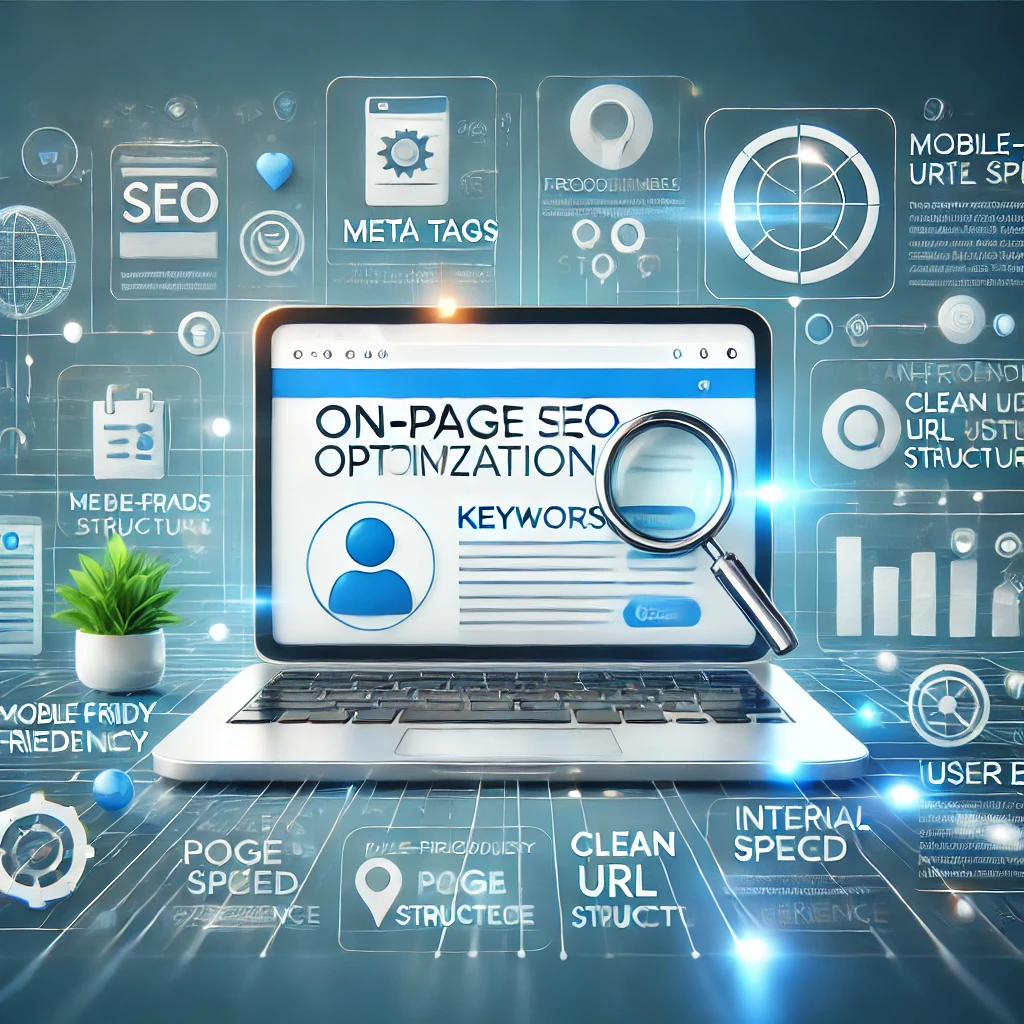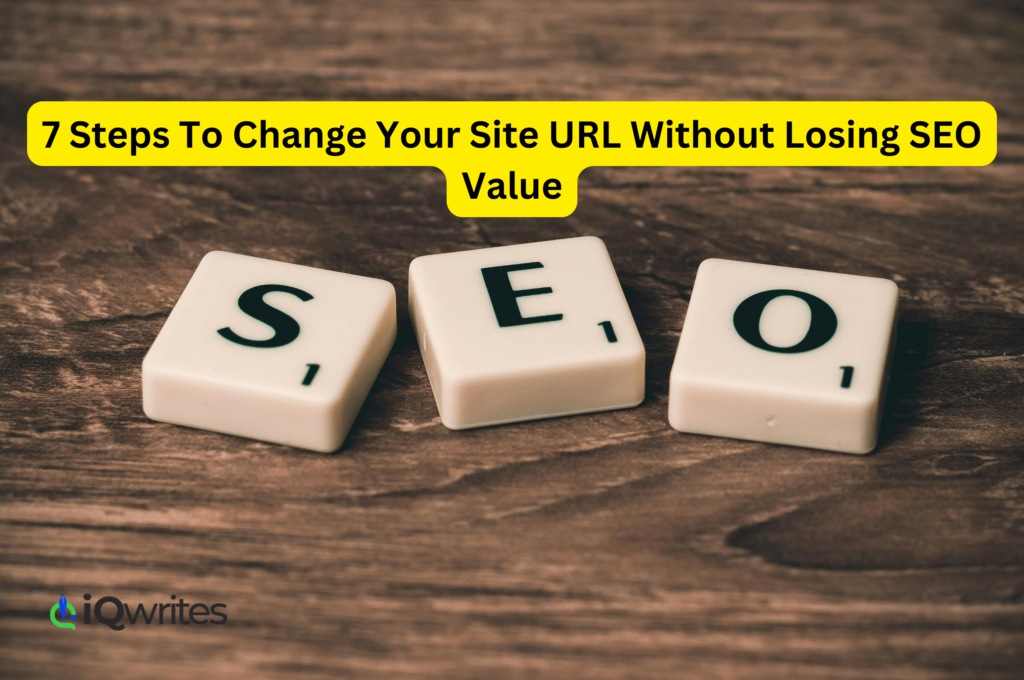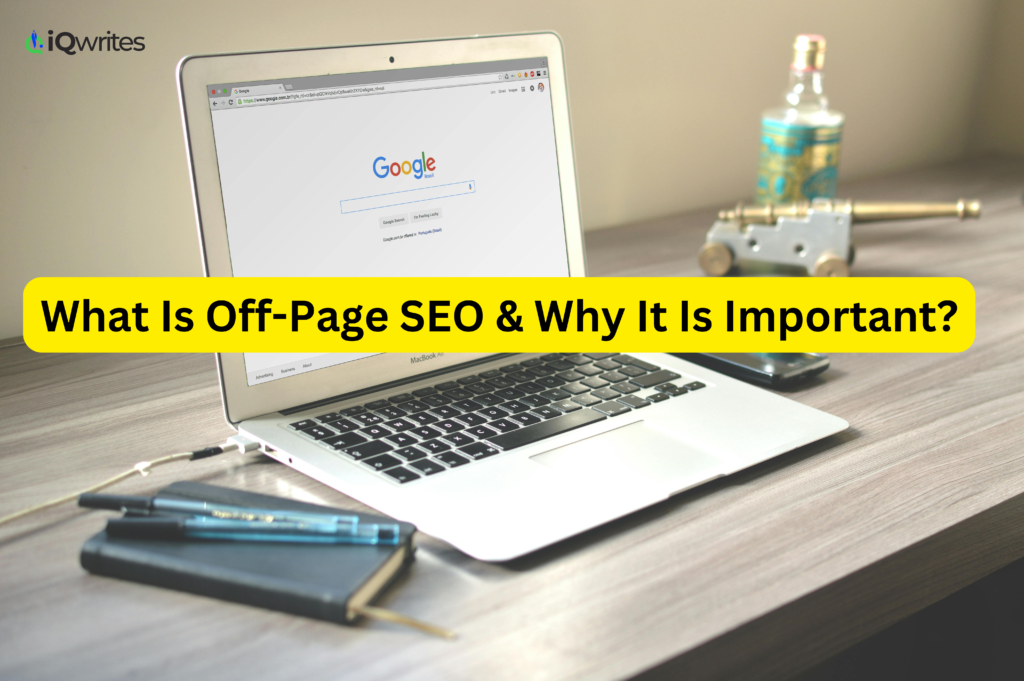In the competitive world of digital marketing, ensuring your website stands out is crucial. One of the most effective ways to achieve this is through On-Page SEO. This comprehensive guide will walk you through what On-Page SEO is, why it matters, and how you can leverage it to enhance your website’s visibility.
SEO Tips For Higher Rankings On Google

What is On-Page SEO?
On-Page SEO refers to the practice of optimizing individual web pages to rank higher in search engine results and attract more relevant traffic. Unlike Off-Page SEO, which focuses on external signals like backlinks, On-Page SEO is all about optimizing elements within your own website.
Why On-Page SEO Matters
Effective On-Page SEO helps search engines understand your content and determine its relevance to specific search queries. This not only improves your search engine rankings but also enhances the user experience, leading to higher engagement and conversion rates.
Key Components of On-Page SEO
- Keyword Optimization
Keywords are the foundation of SEO. Identify relevant keywords and naturally incorporate them into your titles, headings, meta descriptions, and content. Avoid keyword stuffing, which can harm your rankings. - Meta Tags
Meta titles and descriptions are critical for search engines and users. A compelling meta title should include your primary keyword and be within 60 characters. The meta description should be engaging, informative, and around 155 characters. - URL Structure
Clean, concise URLs with relevant keywords improve both SEO and user experience. For example, use “www.example.com/on-page-seo-guide” instead of “www.example.com/page123”. - Internal Linking
Linking to other relevant pages on your site helps search engines crawl your website and keeps users engaged longer. Use descriptive anchor text for better results. - Content Quality
High-quality, original content that satisfies user intent is key. Ensure your content is informative, engaging, and updated regularly. - Image Optimization
Use descriptive file names and alt tags for images. Compress images to reduce load times without sacrificing quality. - Mobile-Friendliness
With more users accessing websites via mobile devices, having a responsive design is essential. Google’s mobile-first indexing prioritizes mobile-friendly websites in search results. - Page Speed
Faster loading times improve user experience and SEO performance. Use tools like Google Page Speed Insights to identify and fix issues slowing down your site. - User Experience (UX)
A well-designed, easy-to-navigate website keeps users engaged and reduces bounce rates. Focus on readability, intuitive navigation, and interactive elements.
5 Overlooked SEO Hacks You Need to Try Today
Common On-Page SEO Mistakes to Avoid
- Keyword Stuffing: Overloading your content with keywords can lead to penalties.
- Duplicate Content: Ensure each page has unique content to avoid being flagged by search engines.
- Ignoring Mobile Optimization: A non-responsive site can significantly hurt your rankings.
- Neglecting Meta Descriptions: Missing or poorly written meta descriptions can reduce click-through rates.
How IQWrites Can Help
Optimizing your website for search engines can be complex and time-consuming. That’s where IQWrites comes in. We offer the best On-Page SEO services tailored to your specific needs. Our team of experts ensures every element of your website—from keyword optimization to meta tags and user experience—is fine-tuned to maximize your online visibility.
Ready to take your website to the next level? Partner with IQWrites today and watch your site climb the search rankings!

